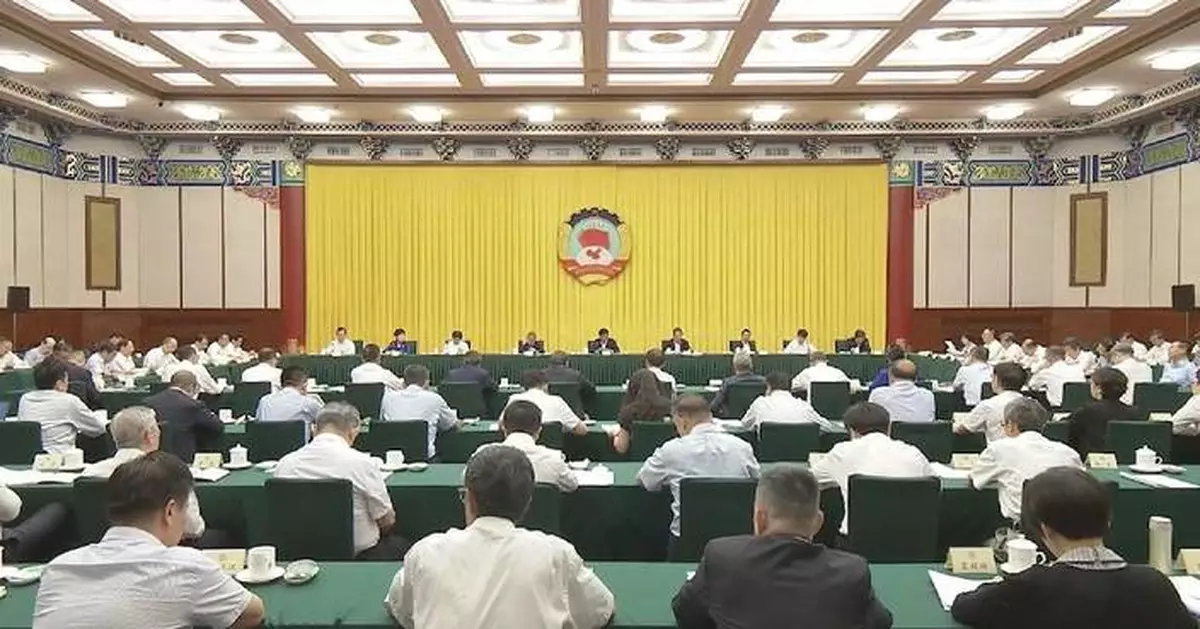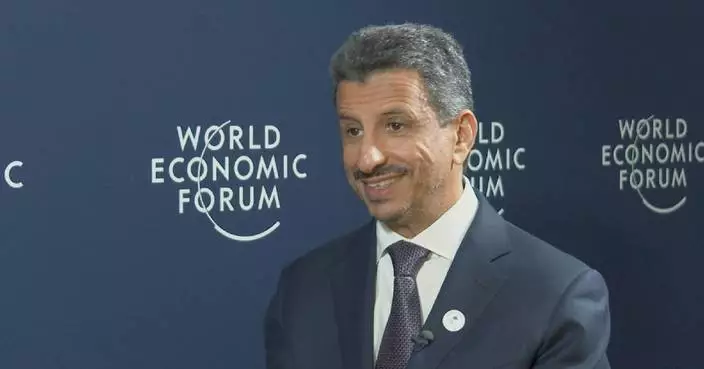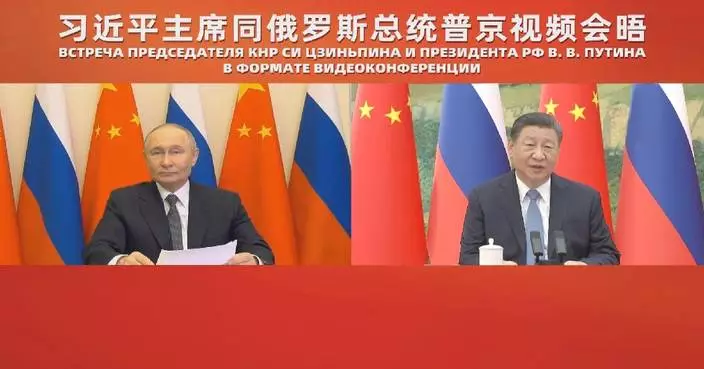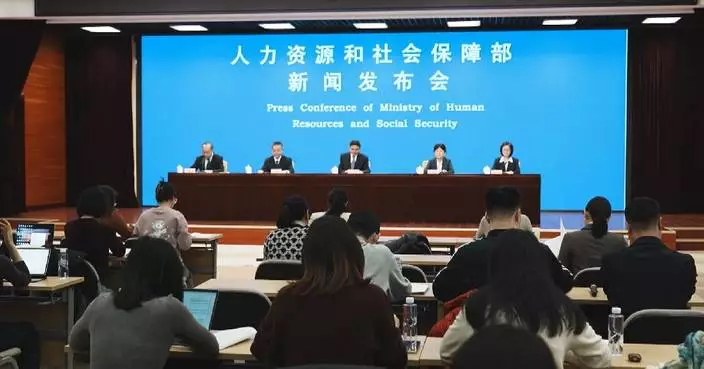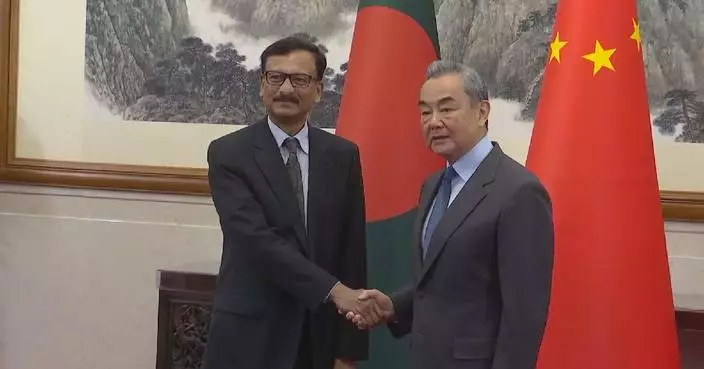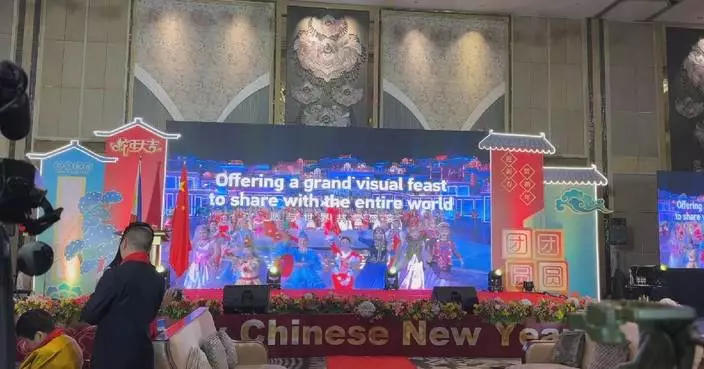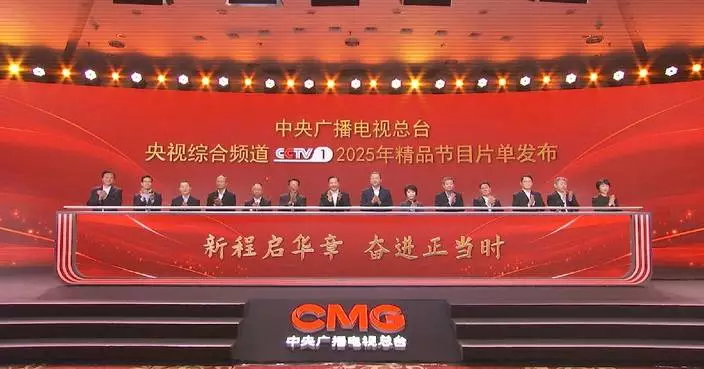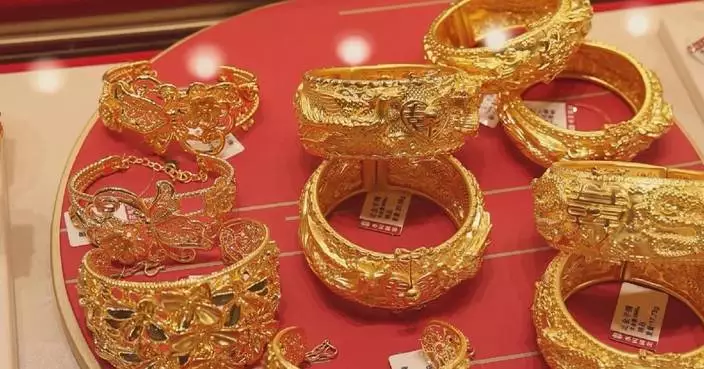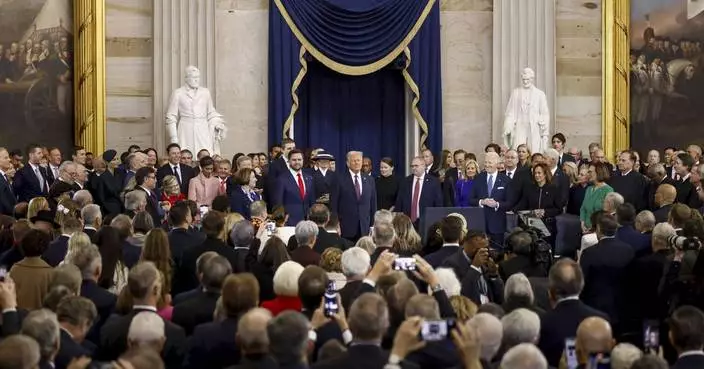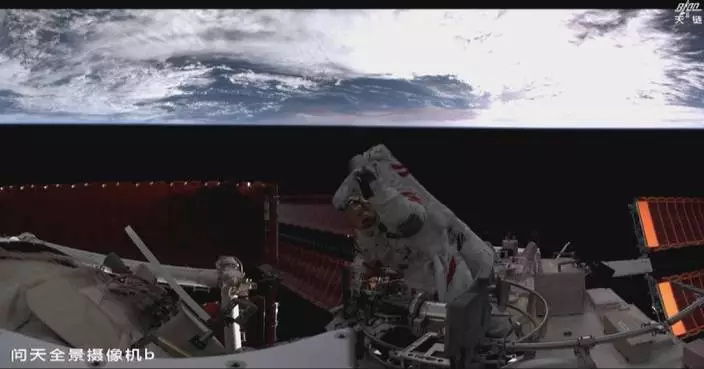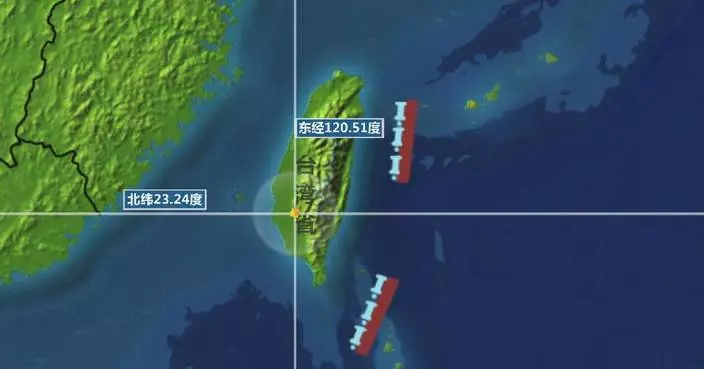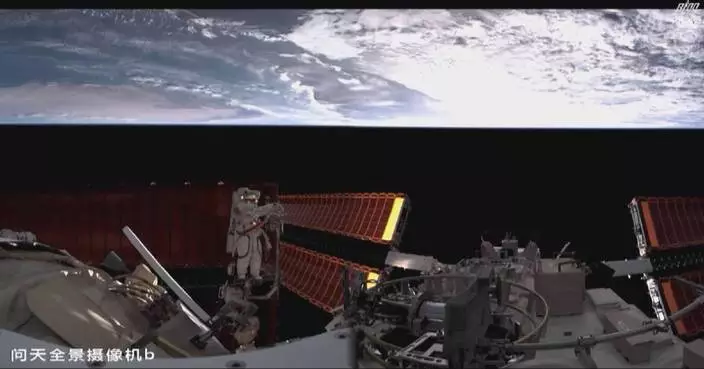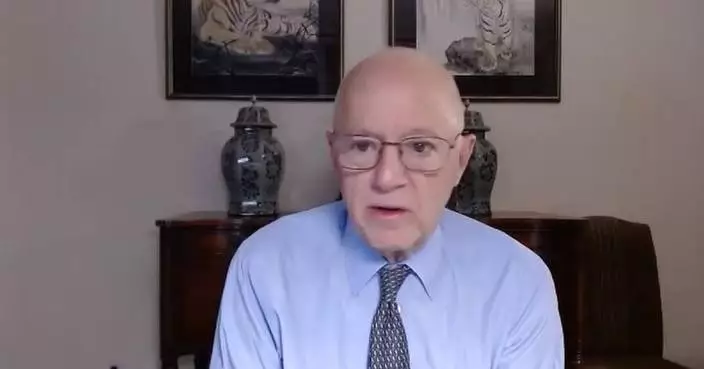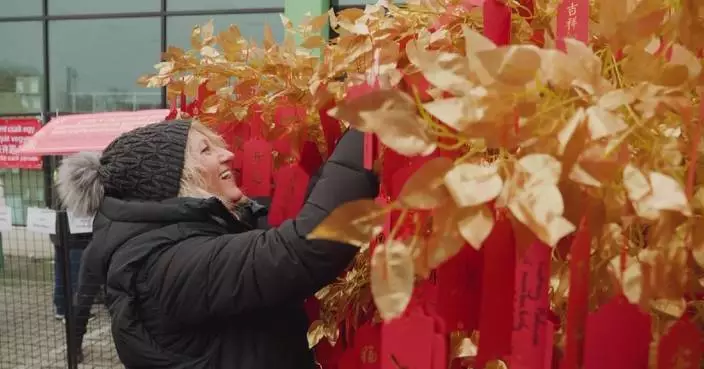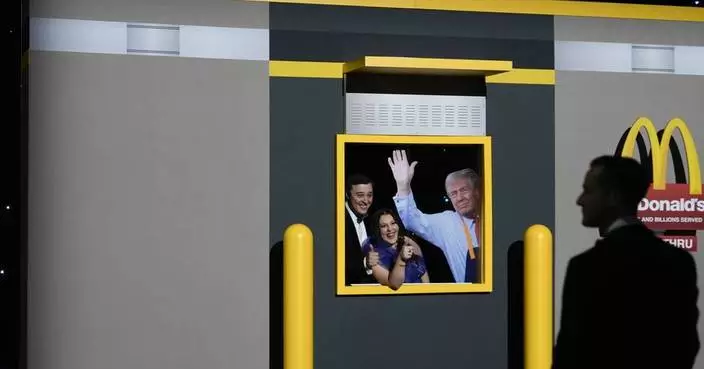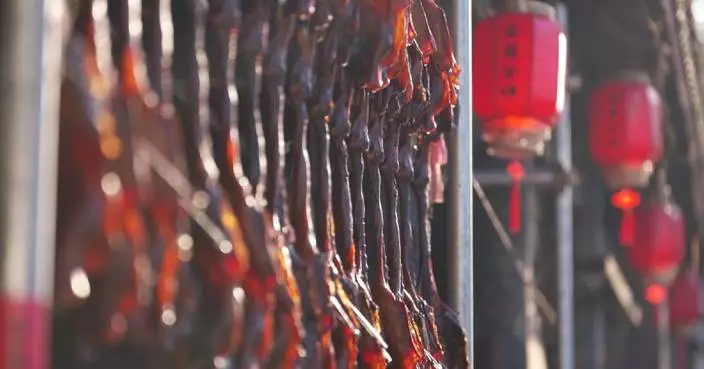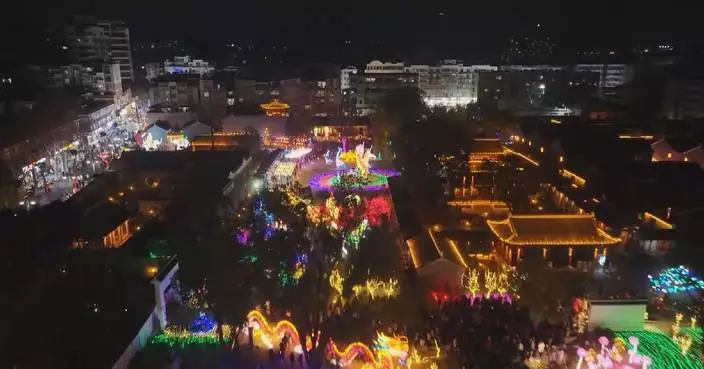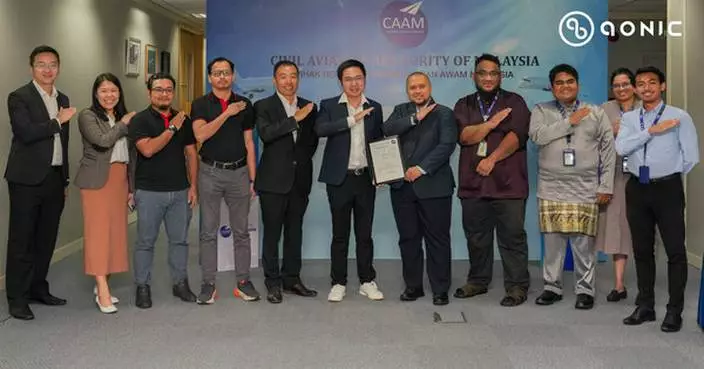China's top political advisor Wang Huning on Monday called for further efforts to support the country's reform and development.
Wang, a member of the Standing Committee of the Political Bureau of the Communist Party of China (CPC) Central Committee and chairman of the National Committee of the Chinese People's Political Consultative Conference (CPPCC), made the remarks when addressing a symposium held to analyze the economic situation in the first half of this year.
Wang stressed the need to study and implement the guiding principles from the just-concluded third plenary session of the 20th CPC Central Committee. He also highlighted the importance of thinking and acting in line with the CPC Central Committee's decisions and plans to further deepen reform comprehensively and advance Chinese modernization.
China's economy continued its recovery in the first half of 2024 in a stable manner, with progress made in nurturing new quality productive forces, expanding new growth drivers and promoting high-quality development, according to political advisors and experts attending the symposium.
Wang called on political advisors to continue their research on economic structural reform and high-quality development and provide targeted, pragmatic and effective advice.
The CPPCC should implement the central authorities' decisions and arrangements on economic work, work to stabilize expectations and build consensus, and help achieve China's full-year economic and social development goals, he said.
Ten members of the CPPCC National Committee and experts delivered speeches at the symposium, and made discussions and suggestions on issues like deepening the reform of market-oriented allocation of factors, promoting the integration of scientific and technological innovation and industrial innovation, and promoting the development of artificial intelligence.
They also made discussions and suggestions on giving full play to the innovation advantages of state-owned enterprises, promoting high-quality development of the private economy, expanding domestic demand, stabilizing taxation and prices, and promoting high-quality development of finance and trade.
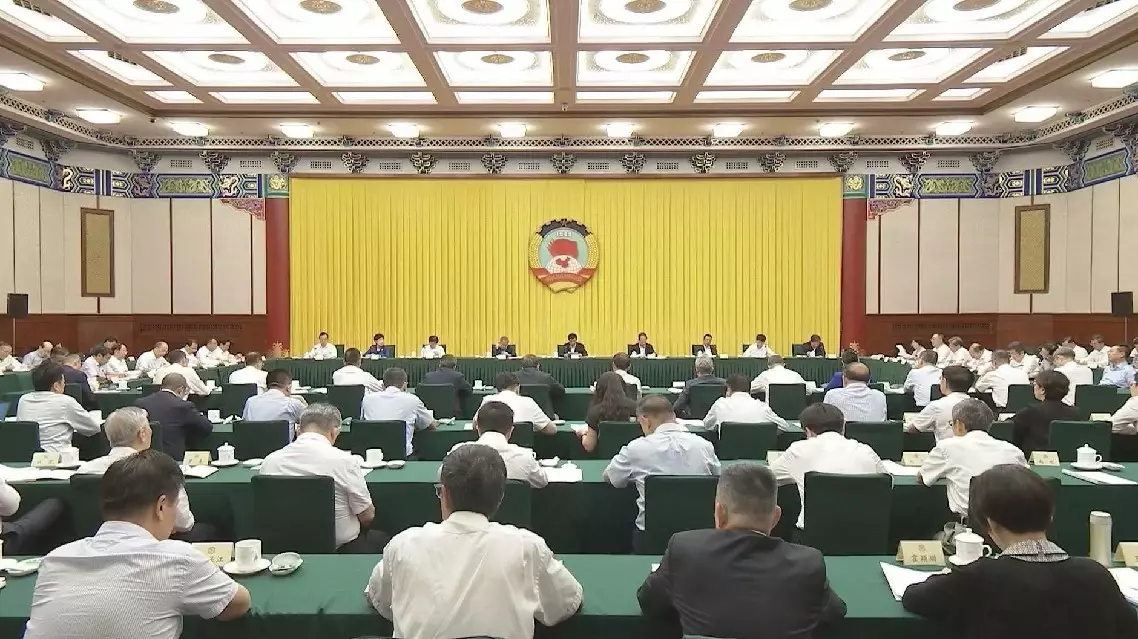
China's top political advisor stresses further efforts to support reform, development
People in Panama City have firmly dismissed U.S. President Donald Trump's threat to retake the Panama Canal, calling his claims "nonsense" and saying such a move even risks world peace.
After his presidential election win in November, Trump has made a series of expansionist remarks, including stating his plans to make Canada a U.S. state, rename the Gulf of Mexico, and gain control of the Panama Canal and Greenland.
Last month, Trump accused Panama of treating the U.S. in a "very unfair and injudicious way," and has refused to rule out using military means or taking economic action in his pursuit of the Panama Canal.
At the start of this year, Panama celebrated the 25th anniversary of the handover of the canal, which had been under the control of the United States for nearly a century until the end of 1999.
During his inauguration speech shortly after taking the oath of office on Monday, Trump claimed Panama had 'violated' the treaty and said the U.S. would be "taking it back." In response, Panamanian President Jose Raul Mulino rejected Trump's position and said there is no presence of any nation in the world that interferes with the administration of Panama.
Many residents in Panama see the canal as a symbol of national pride and consider it a crucial driver of the country's economy.
Milena Marin, a local resident, criticized Trump's remarks and called on countries across Central America to stand together to protect their own interests from U.S. infringement.
"First of all, the Panama Canal belongs to the Panamanians, and we are doing an excellent job managing it. Since we took over its administration, we have been doing very well. Those (Trump's statements) are words of attack. We have to take care of our canal. It has a negative impact since [Trump's remarks] affect both the environment for us Panamanians but also the image of the country. We have been doing a great job with the management of the canal. These statements definitely affect world peace. They bring such negativity around Panama. [We need] more meetings and dialogue with Central American countries, because the more united we are, the stronger and less vulnerable we will be. And I think that the union between the countries of Central America could be a great solution," said Marin.
Meanwhile, Luis Gomez, a local photographer, said Trump's statements are lacking in reason, and said the issue should be resolved peacefully, citing the huge military disparities between the two sides.
"The president's statements do not make sense and seem a bit illogical, since Panama is such a small country that we don't even have a [traditional] military. We have no chance of being able to confront [the U.S.] because they are a powerful country. We cannot compare ourselves to a country of such size. The impact would be overwhelming for us. The canal is important not only for Panama but also for the whole world because it allows ships and goods from all over the world to pass through smoothly," said Gomez.
The Panama Canal, which started operation in 1914, serves as an important international waterway that links the Pacific and the Atlantic. It was taken over by the Panamanian government in 1999 following the terms set out in the Torrijos-Carter Treaties, which were signed back in 1977 by Panama's General Omar Torrijos and then U.S. President Jimmy Carter, ending 85 years of the colonial enclave known as the Panama Canal Zone.
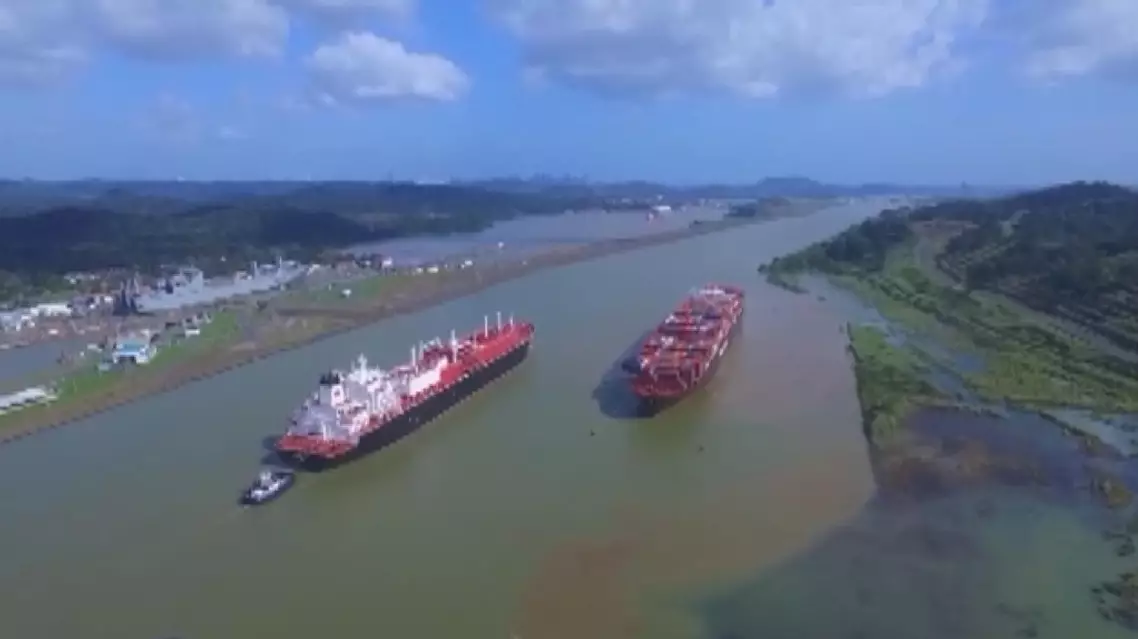
Panamanian residents dismiss Trump's claims of retaking Panama Canal



